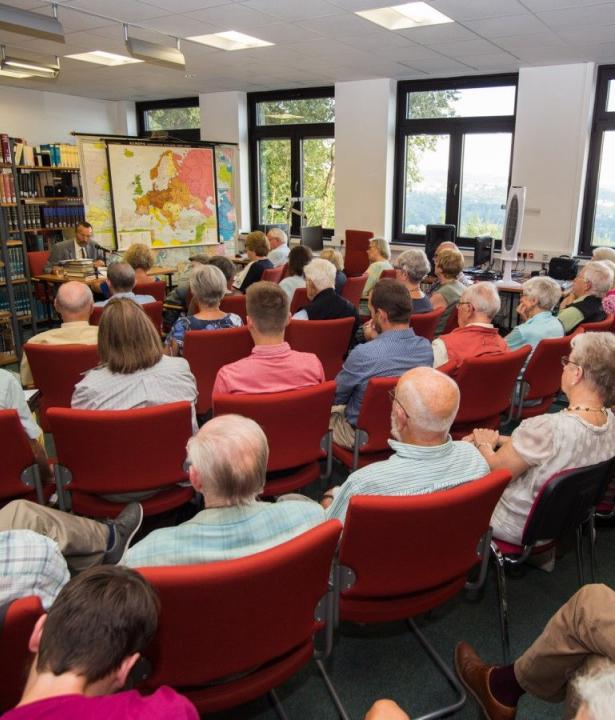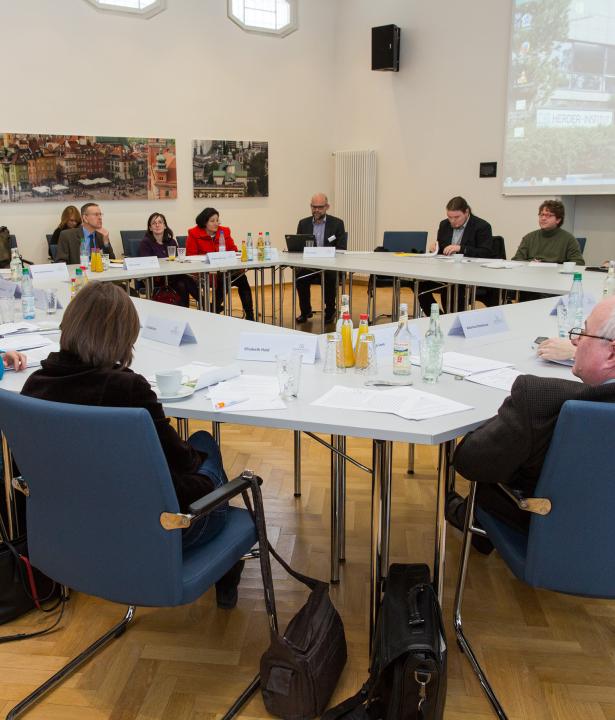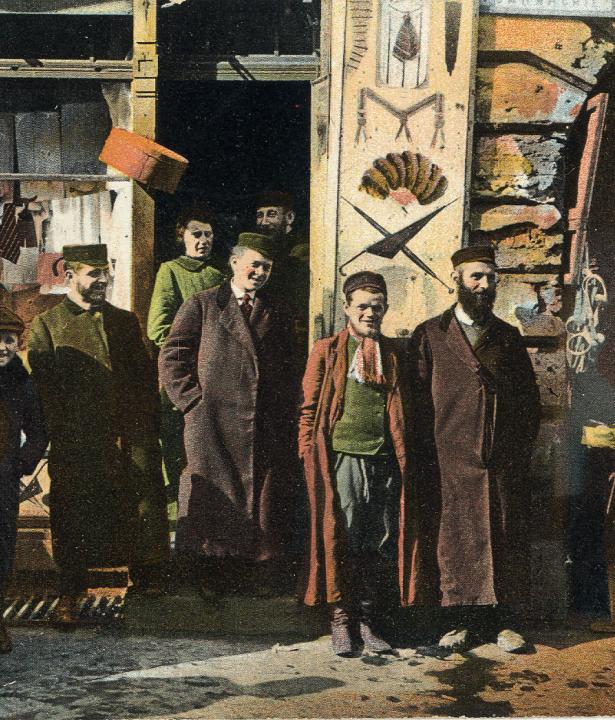New, digital forms of publication, including the possibility of Open Access publishing, are changing the publication culture of scholarly historiography. The joint event series of the Herder Institute, the Collegium Carolinum and the Leibniz Institute for East and Southeast European Studies traces the various challenges of this change and discusses their significance for historical research on Eastern Europe.
Text
Rankings, but also bibliometrics, are – in connection with growing internationalization – having an increasing influence on the development of historical journals. Especially lesser-known, specialized and non-English language journals are at a high risk of being marginalized by this development, even if they do provide valuable contributions for the respective sub-discipline and field of interest. Not just the authors, but also editors of such scientific journals must adapt to these changes, which brings up a number of questions concerning the editorial support of historical journals. For example, how is the publication culture developing in the field of historical sciences and Eastern European studies? Do journal rankings actually allow useful conclusions to be drawn about the quality of the work? Do rankings precisely reflect the quality and prestige of the publishing journal? And, finally, what impact do those rankings have on the culture of publication and debates? This series of workshops features discussions with specialists from German-language magazine editorial offices and highlights important challenges that are arising as a result of the changing culture around publication.


A book display table at the workshop 'Publication Cultures in Transition III: Strategies of Internationalization' (Marburg, 2016). Claudia Junghänel / Herder-Institut für historische Ostmitteleuropaforschung – Institut der Leibniz-Gemeinschaft, CC BY-NC-SA 4.0
A book display table at the workshop 'Publication Cultures in Transition III: Strategies of Internationalization' (Marburg, 2016). Claudia Junghänel / Herder-Institut für historische Ostmitteleuropaforschung – Institut der Leibniz-Gemeinschaft, CC BY-NC-SA 4.0
External Image








